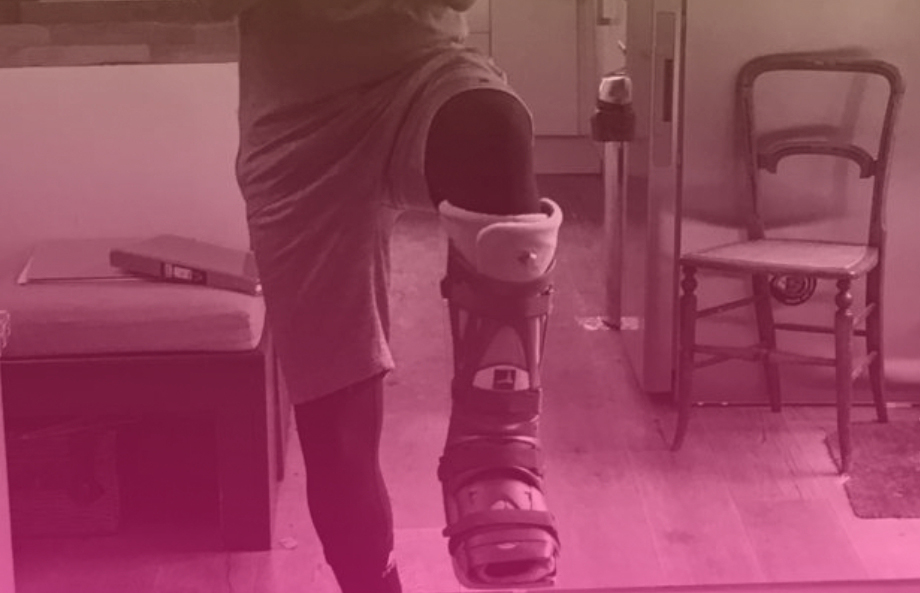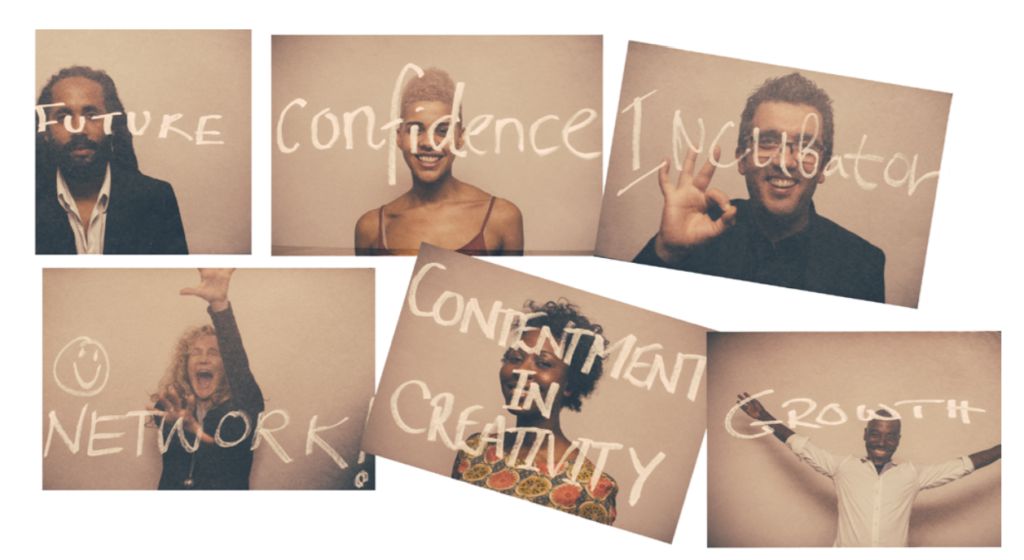I’m walking down a busy west end street. In front of me a few yards ahead is a man, crouched on his feet, almost in a fetal position on the steps of a church. His right hand is rubbing his head. I intend to walk past, making the conscious decision not to look again, in part out of embarrassment, it somehow feels like an invasion of his privacy – slightly voyeuristic. Where do you get privacy when your home is a busy street?
Despite myself I look up and catch a silver glint of something in his hand as I get closer. Now I can’t look away. His partly shaved head is covered in scars and the rubbing motion of his hand is creating cuts with a razor blade. I continue a few paces past him but then turnaround slightly wincing. I tell him to stop and ask him why he’s doing this to himself, that he mustn’t. I wonder if this self-harm is a ploy (not one I’d seen before) for money. He explains that the wounds on his head hurt, that they aren’t cuts from the razor blade but caused by a painful condition he has and that the only way to ease the pain is to cut the scars which cause him to bleed. I wince again. Now there’s no way out for me and I’m conscious that my evening plans are being interrupted.
He explains that during the day he mostly stays in the church and that the priest has been kind to him, and that in the evening when the church closes, he usually goes to the local YMCA. He seems articulate, clear and calm given the state I’ve found him in. He doesn’t ask but I’m relieved to be able to offer him money and potentially avoid a bigger intervention. I check my wallet but it’s empty and so I withdraw £50 from a local cash point. This is more than I originally intended to give but I hand it to him. He’s genuinely appreciative and explains what he needs are clothes, and if I have any that I don’t need at home that I can drop them off at the church and the priest will get them to him. (I’m slightly freaked out by this because I had recently stuffed 3 bin liners with old clothes, in good condition, and ready for the charity shop).
He says all of this with sincerity and seems embarrassed to be in this position. He tells me that he is a refugee and that in the country he comes from he is a teacher – I totally believe him – and that he is currently going through an immigration process with a lawyer which has been slow and arduous. I don’t know why (perhaps it’s because he’s a middle-class black man like me – only one who is displaced) but I take out my business card and give it to him. I tell him if I can be of help to call me and in the moment, I mean it. He says he will – but doesn’t.
I haven’t made another intervention like this despite the growing number of homeless people I’ve seen in real difficulty since. There are three reasons for this:
1. A sense of powerlessness for me as an individual to make a positive difference
2. Being judgmental about who is deserving of my help
3. Capacity (time and emotional energy) required to engage more deeply
Working in central London for the last 7 years I’ve witnessed the dramatic increase in the number and range of people who are homeless. The situation seems out of control and on many levels, it scares me. All marginalised groups, including the homeless, are potential contributors to our communities, a resource which if we discard, others are more than willing to exploit. The homeless are often vulnerable, perhaps due to mental illness or addiction or poverty, and can easily be used by gangs for criminal activity, e.g. selling or distributing drugs.
The scale and complexity of homelessness is undeniable, and whilst I know I should do what I can, when I can, most days I differ the problem. Rather than make a seemingly small intervention by giving money (which I often think might make things worse), I observe, often grumbling to myself about the lack of government support and the limits of capitalism as I walk past the problem in front of me. The truth is, people’s lives are complicated, often needing multiple and long term interventions. It’s easy with the best of intentions to make things worse. This doesn’t absolve me of responsibility, but I haven’t yet properly thought through what my responsibility is, because I don’t have, or I don’t make the time.
Having stopped for the refugee, I’m faced with a black man cutting himself with a sharp object and this sparks a slight fear in me. I realise that at some level I hold a preconception of the risks involved in this intervention based on the man’s colour. I have absorbed media images of black men as violent, and this shapes my perception of the potential risk. I too have internalised, to some extent, racial prejudice. Are representations of black men as violent fair? If so then it’s perhaps not surprising that hundreds of people on that busy street simply walked past this man in need. If these images are not fair, then this man is potentially denied help due to our unnecessarily heightened fears.
Once I do stop, my initial aim is to get the problem dealt with as soon as possible and to get on with my evening. But I’m conscious of not wanting to be duped; not wanting to walk away from this encounter feeling like I’ve been ‘had’ by somebody who isn’t genuinely deserving of my support; so I continuously appraise how deserving or not he is. Eventually, I offer money. It was only in finding out the similarities between us, in status, that I wanted to do more, to really connect. The sad thing here is that the similarity we have at the most fundamental level – as human beings – was not my first real point of deeper connection. The connection seemed to become more meaningful when I saw myself reflected in him in terms of our respective middle-classness. Again, reflecting on this now I wonder if this is the way that we all decide on when to connect and perhaps is the source of our ever more fragmented society. My actions perhaps are no different to the old boy’s networks that exist across our society where those who have privilege are much more willing to really help people like themselves.
The first draft of the story above was written very quickly one evening. Early the next morning I read it over. When I get to the end there are tears in my eyes and as I start to re-live and reflect on the whole experience, I imagine where this man might be now and start sobbing. I’m not sure why this is. Maybe I’m crying for him, but also for myself and perhaps also for us and the state we are in as a society. And perhaps, a year later, through writing this piece I have truly connected with him for the first time. This unexpected emotional reaction, the pain caused by a deeper connection with someone who is suffering, is hard to experience, and is perhaps another reason I often choose to walk by, or resist all but the most superficial of connections by occasionally offering money.





